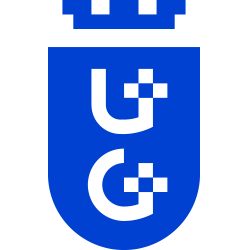
ul. Bażyńskiego 1a 80-952 Gdańsk
Polska
ISNI ID: 0000 0001 2370 4076
GRID ID: grid.8585.0
Dariusz Szczukowski
Wielogłos, Numer 1 (15) 2013: Tadeusz Różewicz, 2013, s. 63 - 77
https://doi.org/10.4467/2084395XWI.13.005.1063Dariusz Szczukowski
Konteksty Kultury, Tom 16 zeszyt 4, 2019, s. 483 - 494
https://doi.org/10.4467/23531991KK.19.044.11963